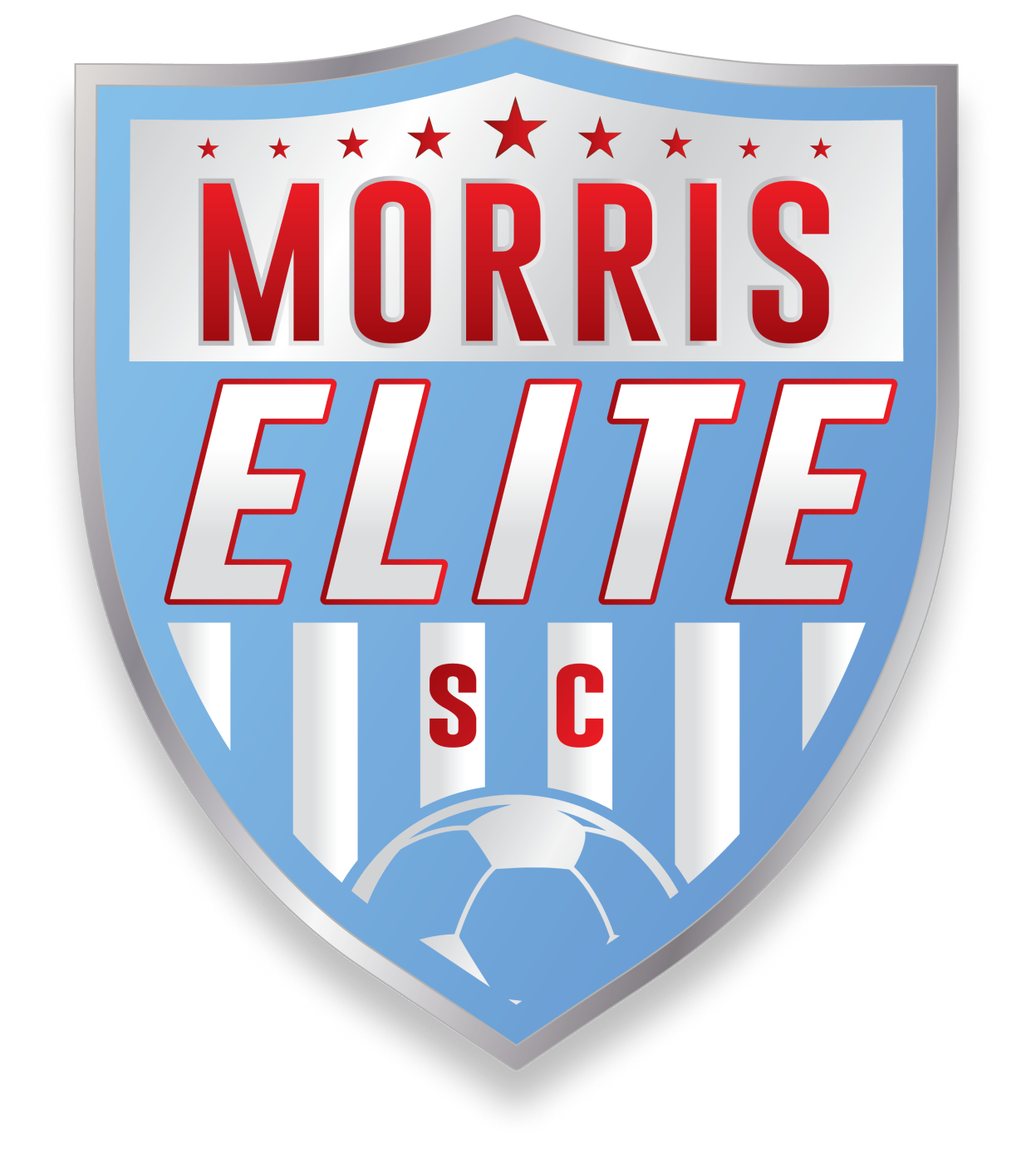PRE AND POST GAME / TRAINING NUTRITION
The everyday diet of soccer players should include carbohydrates, proteins, fats, and water.
Carbohydrates are needed because without carbohydrates players won’t have the energy they need to perform. Some examples of carbohydrates include bread, pasta, rice, faro, fruits, oatmeal, potatoes, cereal, chocolate milk, and graham crackers.
Proteins are necessary to support muscle growth and recovery. Muscle protein is broken down during exercise whether it be a game or practice. As a result, protein is needed for muscle repair. Many athletes feel that protein powders/supplements are needed for them to build muscle and recover after exercise/games. However, for many athletes/soccer players a balanced diet will provide the protein their body’s need. Some protein examples include chicken, fish, roasted turkey, beef, eggs, dairy, nuts, seeds, nut and seed butters, lentils, beans and tofu.
People often fear fat because they think it will make them fat. However, fat is necessary to absorb the fat soluble vitamins A, D, E and K. Fat also provides us with essential fatty acids that we can only get from fat containing foods and lubricates our joints. Examples of healthy fat sources include nuts, seeds, nut and seed butters, avocado, olives, olive oil and fatty fish such as salmon.
The amount of food eaten prior to a game or practice will depend on how long before a game or practice a player is eating. The exact timing is dependent on individual schedules and a dietitian can help with that. However, avoid eating anything “too heavy” such as fried foods and heavy sauces close to games and practice and try not to go more than 3-4 hours without having a meal or a snack. Meals should be eaten 2-3 hours beforehand and when having a snack, it should be 30 minutes to one hour beforehand. The time elapsed between the last meal and when the practice or game is taking place and hunger level will help determine if the snack is needed. Never try new foods before a game. Any time you are trying a new food try it before practice to make sure it does not leave you with an upset stomach.
Meal timing after games is important too. Eat a meal or snack within 30-60 minutes after intense practices or games for muscle recovery. This meal or snack should be a combination of carbohydrates and protein. To avoid dehydration, players should drink water before games, during games and after games. When playing for longer than one hour, sports drinks are helpful to replenish carbohydrate stores. For example, if playing for 90 minutes, a sports drink while playing would be beneficial.
A dietitian can help personalize your meals, snacks and hydration schedule. Some meal and snack ideas to try including:
Breakfast
- Plain yogurt with fruit and cereal
- Eggs on a wrap with a banana or berries
- Toast with peanut/almond/sunflower seed butter
- Oatmeal with a banana and nuts/seeds or nut/seed butter
Lunch
- Turkey sandwich with lettuce, tomato and mustard
- Grilled chicken and avocado on a wrap
- Nut/seed butter and jelly sandwich or nut/seed butter and berries/banana sandwich
Snack ideas
- Nut or seed butter sandwiches with berries or a banana
- String cheese and an apple
- Graham crackers with nut or seed butter
- Plain yogurt with fruit and cereal
- Trail mix that includes dried fruit
- Cereal and milk
- Smoothies
Being prepared and having healthy meals and snacks available leading up to games and practices and for after games and practices will make fueling a soccer player’s body easier.
